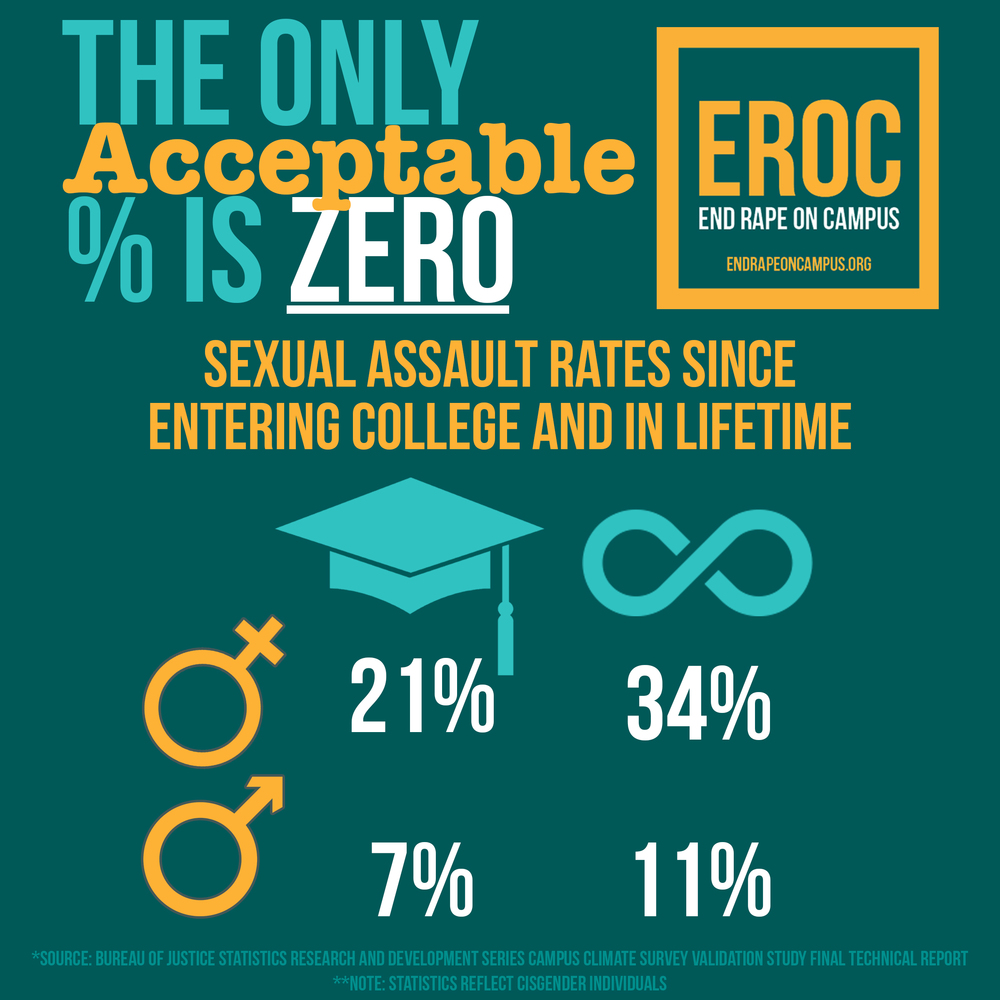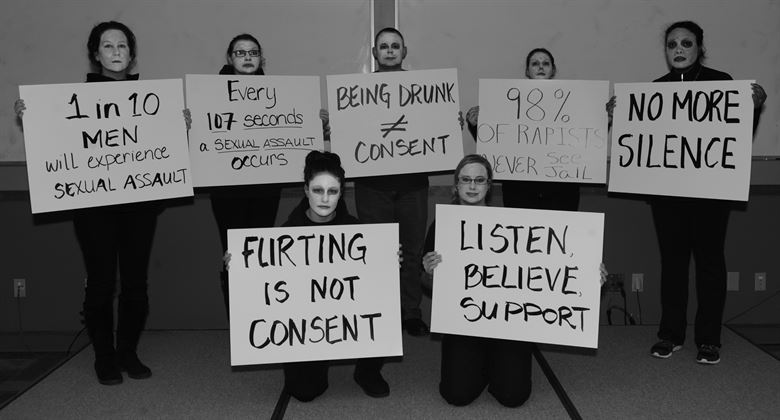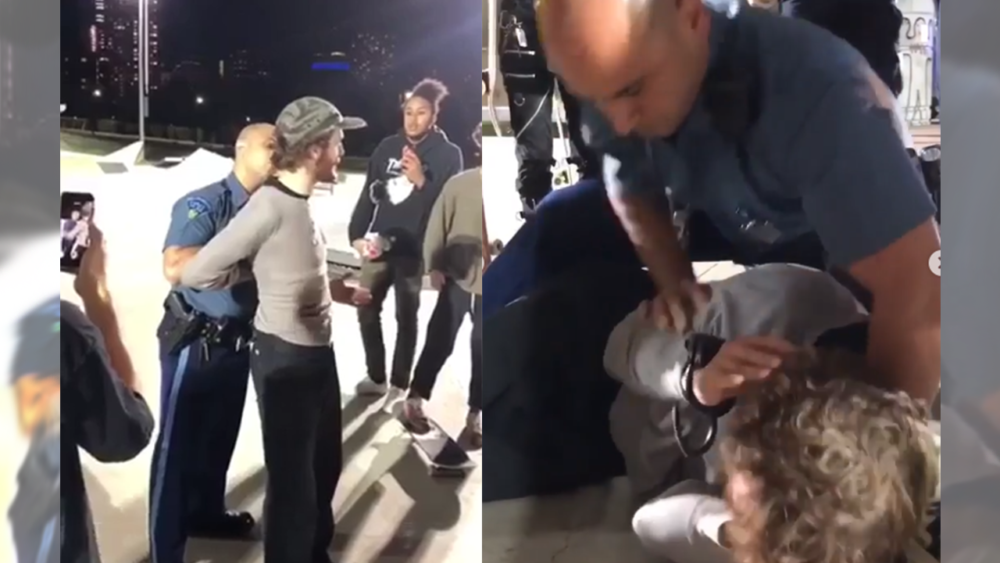Analysis: Colleges Making a Difference During Sexual Assault Awareness Month
Before there was #MeToo and Time’s Up, there was (and still is) Sexual Assault Awareness Month.
This month of awareness is often considered to have started in the 1970s when women in England started Take Back the Night Marches. The first march in the United States took place in San Fransisco in 1978 and has grown throughout the years.
The 1980s saw the rise of Domestic Violence Awareness Month (recognized in the month of October). 2001 was when Sexual Assault Awareness Month was officially recognized.
Since then, national organizations, communities, schools, and individuals have been working to advocate awareness and work to stop sexual assault. A more detailed timeline of events can be found on the National Sexual Violence Resource Center here.
So why is this so important?

When something affects 1 in 3 women in their lifetime and nearly 1 in 10 men action needs to be taken.
One place people have been taking up action are in colleges and universities. And students have been calling out their campuses for mishandling their cases. An excellent resource for understand your rights as a college student in the U.S. is Know Your IX which includes information and resources on Title IX for students. End Rape on Campus (EROC) is more focused towards college students and also has a huge pool of resources and information.
Some well known statements made include Carry That Weight where former Columbia University Student Emma Sulkowicz carried her XL Twin mattress with her around campus and even on stage at graduation as a protest to her college’s flawed handling of her complaint. Movies that have included It Happened Here and The Hunting Ground.
This year, college students everywhere have been taking action, here are (a few) schools doing great projects. What will you bring back to your school?
Colorado State University:
Students held a panel where victims of abuse came together to share short films and share their stories.
Creighton University:
Students facilitated a Survivor Speak Out at their fourth annual Take Back the Night event. Students also participated in Denim Day and The Clothesline Project.
East Tennessee State University:
Students ran a tabling event for the Clothesline Project and hosted Walk A Mile In Her Shoes. Walk A Mile In Her Shoes is aimed at helping various groups of people to understand the issues of sexual assault for women. Their student organization leading it told students, “Everyone is invited. If you identify as male, be prepared to walks in a pair of heels. If you identify as female, then wear a pair of sneakers.” Students also hosted a Take Back the Night Event.
Abilene Christian University:
This campus’ Title IX Office hosted a poetry slam.
Canisius College:
Their student led organization Step Up! Griffs is hosting tabling events with information and resources. They also have a message writing event where students can share messages of support and solidarity to “Embrace Your Voice.” They also held a Take Back The Night program and have various events going on throughout the month of April.
Sexual assault isn’t a “women’s” or “men’s” issue. It can happen to anyone and it is everyone’s responsibility to do their part in preventing it, advocating for survivors, and making positive change in how cases are handed both at their schools and on a larger level.




